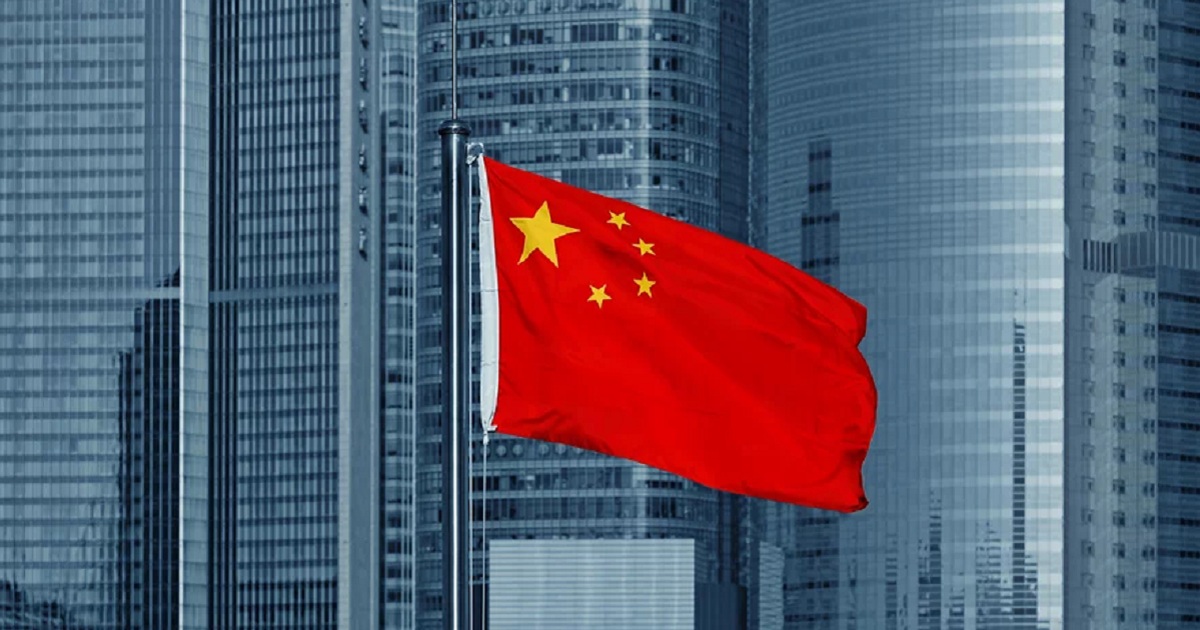Copycats wanted: Pfizer, AZ and more under threat as China solicits generics
fiercepharma | June 20, 2019

The U.S. FDA compiles a list of off-patent drugs without an approved generic to encourage the development of copycats. Now, the Chinese authorities are rolling out a similar initiative, only with some extra incentives. On Thursday, China’s National Health Commission published (Chinese) its first proposed list of 34 drugs (full list below) that the agency says are already off patent or nearing patent expiration but have no generic drug application in the country or lack competition. The plan is to invite drugmakers to make copies—and here comes the key—under drug regulator’s priority review pathway, which was until now only given to innovative drugs. The list covers originators from many foreign pharmas, including Pfizer, AstraZeneca, Merck & Co., Johnson & Johnson, Roche, Bristol-Myers Squibb, Takeda, Eli Lilly, and more. And the drugs span a wide range of therapeutic areas, including HIV, anti-infectives, ophthalmology, cancer, blood and immune disorders, etc. Some prominent names can be found on the list. Teva’s multiple sclerosis blockbuster Copaxone, which just saw its first U.S. copycat from Mylan less than two years ago, is probably the best-selling drug on the list by global sales. Johnson & Johnson subsidiary Actelion’s pulmonary artery hypertension drug Tracleer and United Therapeutics' rival med Remodulin are both included. Roche’s CMV retinitis treatment Valcyte and chemotherapies Faslodex and Ixempra from AZ and BMS, respectively, are also among those listed. China made certain of its intention to make that list in January. At that time, it said the government would update the list at the end of each year starting from 2020. And key small molecules and biologics on the list will also be incorporated into state-backed R&D plans. The initiative is seen as another push by the Chinese government to bring in competition to rein in drug costs. In a recent decree, physicians are strictly not allowed to write brand names on prescriptions, and even if they do, pharmacists could fill them with generics.